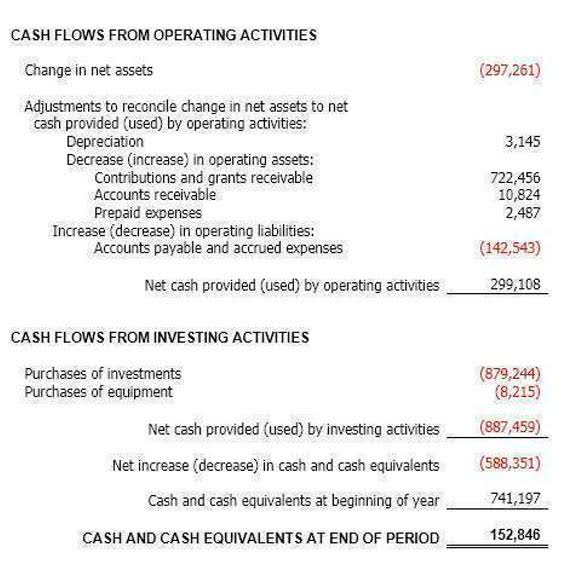
If the company grows to a larger size, supervision of the accounting function is likely to be shifted to a controller. In this case, the full charge bookkeeper position may be converted into an assistant controller position, with responsibility for some aspects of accounting operations. With additional training, a full charge bookkeeper could be promoted into the controller position. First of all, bookkeeping doesn’t require obtaining a college diploma, unlike accounting. To become a bookkeeper, a high school diploma or equivalent and some basic bookkeeping knowledge are enough. However, knowing that there are various types of bookkeeping methods and lots of math and calculation involved, a bookkeeper should have math, data entry, and computer skills.
Bookkeeper Job Description
They manage accounts payable and receivable, process payroll, and prepare financial statements. They know a lot about accounting and are often the main contact for financial issues. https://www.bookstime.com/ Depending on your company’s size, the way it’s structured, and the level of expertise required, you might decide whether you need to hire a regular or full charge bookkeeper.

What Is the Difference Between a Full Charge Bookkeeper and an Accountant?

For success in this role, you should also have strong communication, organization, and attention to detail skills. If you don’t have experience in full charge bookkeeping (or any bookkeeping experience), you may also need to undergo job training. But because full charge bookkeepers go beyond the typical responsibilities bookkeepers have, you may be confused about the difference between them and accountants. When you’re a Pro, you’re able to pick up tax filing, consultation, and bookkeeping jobs on our platform while maintaining your flexibility. You can connect with a licensed CPA or EA who can file your business tax returns. Implement our API within your platform to provide your clients with accounting services.

Full Charge Bookkeeper vs CPA
Attention to detail helps you identify discrepancies, reconcile accounts, and avoid costly mistakes. This article will explore the world of full charge bookkeeping, exploring its key components, benefits, and how it differs from other bookkeeping methods. In the bustling business world, a full-charge bookkeeper is the navigator and steward of the financial ship, ensuring all accounting duties are performed accurately and efficiently. This role goes beyond standard bookkeeping, embracing a wider berth of responsibilities and trust. A full-charge bookkeeper possesses a broader skill set and assumes more extensive responsibilities than an in-house. While both roles involve data entry and ledger maintenance, a full-charge bookkeeper is well-versed in various financial tasks, including financial analysis, payroll management, and financial report generation.
- In summary, a full charge bookkeeper and a regular bookkeeper differ in terms of their scope of work, level of autonomy, and salary.
- However, do note that the charge you pay per hour for a CPA could be $150 to $250 or even $500 based on their location and experience level.
- It’s a cost-effective solution for small businesses or those experiencing rapid growth.
- Full charge bookkeepers are often employed by small to medium-sized businesses or may work as independent contractors.
- Instead of spending hours managing financial records, business owners can focus on strategic planning, sales, and customer relationship management.
They don’t just crunch numbers; they make those numbers understandable and usable for the business owner. The role of a controller is wider than that of an accountant or a bookkeeper. Their role may be more wide-ranging in smaller companies and supervisory in bigger organizations. Therefore, their role and what is a full charge bookkeeper the insights they provide go beyond the traditional responsibilities of bookkeepers and could become crucial for businesses aiming to expand and stay competitive in the market. No matter how much bookkeeping and accounting duties might differ, a full service bookkeeping job combines some features of both.
- A full charge bookkeeper handles typical bookkeeping responsibilities (e.g., data entry), plus additional accounting duties.
- Additionally, those with specialized knowledge or certifications, such as Certified Public Bookkeeper (CPB) or Certified Bookkeeper (CB), may be able to command higher compensation.
- To effectively manage accounts receivable, you will need to stay on top of invoicing, payment collection, and follow-up on any outstanding balances.
- An in-house bookkeeper gives you continuity and knows your business’s finances well.
- To become a bookkeeper, a high school diploma or equivalent and some basic bookkeeping knowledge are enough.
- Download our free checklist to help you partner with the right provider.
- Obtaining professional certifications is a way to showcase your expertise and commitment to the field of bookkeeping.
It includes the tasks of documenting the inflow and outflow of funds within a business, including customer payments and vendor payments. While physical books were used previously to maintain these records, we’ve come a long way; now, the process can be conducted largely digitally. Full-charge bookkeepers are key to keeping financial records accurate and complete. They handle everything from simple tasks to complex ones, making them crucial in many industries.


